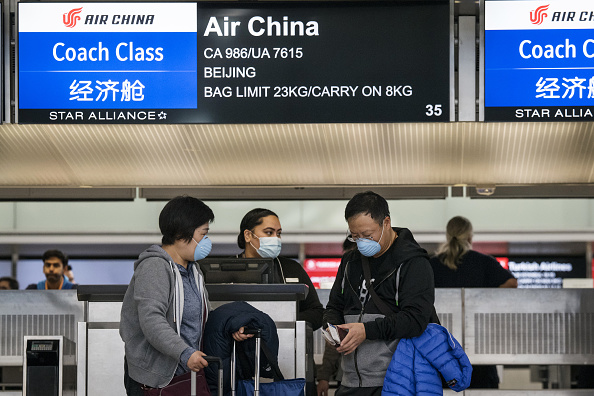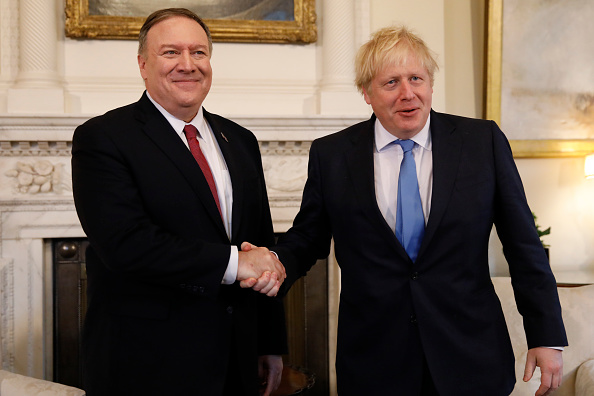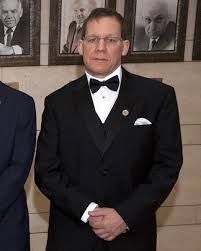
 Global Health Emergency Declared
Global Health Emergency DeclaredOver 200 people have died and over 11,000 people in over a dozen countries have been infected by a novel form of the coronavirus, a respiratory virus that has been declared an international public health emergency by the World Health Organization. Globally, there are concerns over how fast the disease will spread, and how that could impact developing countries with weaker health systems. The United States has temporarily barred foreigners who have recently visited China from entering, and has issued a level 4 travel warning to Americans, the highest possible threat level. Airlines have also reduced or suspended travel to and from China, while the Chinese government has announced plans to extend its New Years holiday to February 3rd.
As of Friday night, there have been 259 deaths and 11,791 confirmed outbreaks, according to China's National Health Commission. 2020 was forecast to be an economic boom year for China, but investors' nerves are jittery as global businesses shut down their operations and warn of an economic blow. Apple is rerouting its supply chains, IKEA has told its employees to stay home, and automakers are suspending business for the time being. While Wall Street rallied in the beginning of the week, it took a 600-point dive Friday after President Trump issued a national health emergency in the U.S.
 No Brexit for Huawei
No Brexit for HuaweiThe United States has been snubbed by the United Kingdom, which has decided to allow Huawei to operate in Britain's 5G mobile network, despite major pressure from the U.S. to exclude the company from doing business. The U.S. has deemed Huawei a national security threat and strenuously warned the UK of opening up its networks to the company. The telecom giant will, however, still be banned from accessing the most sensitive part of the next-generation mobile network.
Britain's defiance of its strongest ally possibly signals a stronger UK-China relationship, as well as a potential trade deal. As the United Kingdom exits the European Union, a deal with China could be more attractive for Britain as it tries to diversify its economic outreach. British lawmakers would have to make the case to its citizens that a Chinese trade deal would increase wealth and prosperity, and wouldn't compromise British values.
 Big Little Lies
Big Little LiesA Harvard University Professor has been accused of concealing funding from China and lying to federal investigators about his role in recruiting people to pass along scientific research to the Chinese government. Charles Lieber, the chairman of Harvard University's chemistry department, was arrested and then granted permission to be released on $1 million cash bail. Lieber is accused of assisting China's government-backed Thousand Talents Plan, and accepting more than $1.5 million to set up a research lab in China.
His arrest is part of a recent U.S. crackdown on China's alleged attempts to exploit U.S. universities and professors for its own scientific gain. Lieber has denied the allegations. U.S. scholars are allowed to accept foreign funding but must disclose it if they also accept U.S. taxpayer funding, to prevent conflicts of interest. Even so, the recent crackdown is "potentially devastating to American science, because the number of people who have some connection to China is so vast," according to Frank Wu, former President of the Committee of 100 and a professor of law.
Prepared by China-US Focus editorial teams in Hong Kong and New York, this weekly newsletter offers you snap shots of latest trends and developments emerging from China every week, while adding a dose of historical perspective.
- 2020-01-24 Celebrations Grounded
- 2020-01-17 Signed, Sealed, Delivered
- 2020-01-10 Ink the Deal
- 2019-12-20 A Level Playing Field
- 2019-12-13 It’s a (Limited) Deal!
- 2019-12-06 An Arbitrary Deadline
- 2019-11-22 On or Off Again?
- 2019-11-15 Counterweight Critique
- 2019-11-08 "I haven't agreed to anything"
- 2019-11-01 Don’t Hold Your Breath
- 2019-10-25 Weaponizing Diplomacy
- 2019-10-18 Economic Shudders
- 2019-10-11 A “Big Day of Negotiations”
- 2019-10-04 Birthday Celebrations
- 2019-09-28 A World Split in Two?
- 2019-09-20 Another Round
- 2019-09-13 Olive Branch or Olive Twig?
- 2019-09-07 The Unwinnable War?